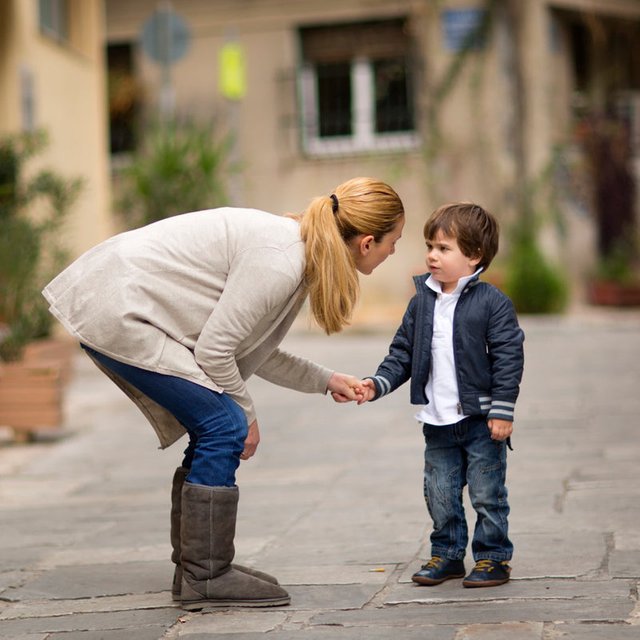How to understand and control the emotions of our children?

A few days ago while shopping in a supermarket I witnessed a scene that made me think a little about the education and attention we give to our children. I could see how a child demanded his mother a little attention, the poor man was tired of waiting in line so long to pay, while his mother kept telling him to leave her alone because she was very tired and stressed. After a few minutes the child changed his behavior completely, started screaming and behaving a little rude, so much so that his mother had to leave the establishment.

At present, many mothers have to go to work to be able to support our children, pay all the cats of the house and also feel useful because, thank God, times have changed a lot, but if we leave super early from our homes and we arrived almost at nightfall. What time are we dedicating to our children?

It is very common to pay more attention to the behavior of the child, especially when it is negative. When it comes to educating our children, it is less frequent that we attend to and take into account their emotions, the feelings behind that behavior. There is a direct relationship between what a child feels and how he behaves, if we want the child to behave well we have to make sure that he feels good and learns to manage his emotions.

All this, in no case means that we avoid any suffering to the child, that we consent or allow him to get everything he wants. Educating our children in a healthy way also has to do with helping them to discriminate their feelings and normalize them, beginning with accepting us, the adults, the feelings of the child and teaching them to identify them well, that is, to name them and know how to recognize them.
Behind mismatched or violent behavior, such as kicking or punching, screaming, spitting, etc., feelings of anger or rage often occur that produce a frustration in the child that he does not know how to solve. That is why we must learn to:
- Listen carefully.

- Accept their feelings, since sometimes we make comments like "it's not that bad either"; "That's why he does not cry"; "You're behaving like a little boy!
If we help our children to learn little by little to name what they feel, they can better express what happens in their inner world, and in this way we offer them a valuable tool that will help them learn to manage their frustration when they feel it

- Reinforce and praise what the child does well is also a useful strategy for the child with inappropriate behaviors, learn to give other kinds of answers when they do not feel well, that is, we encourage them to tell us what happens instead of fighting with his brother, for example.
